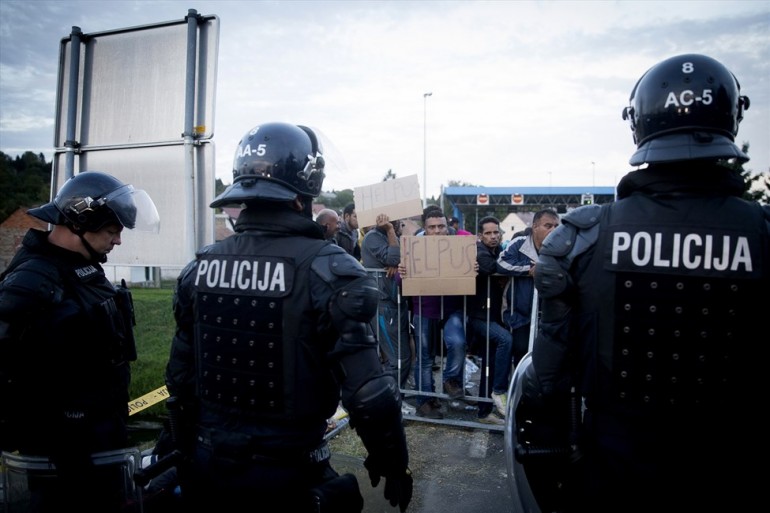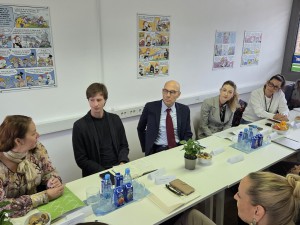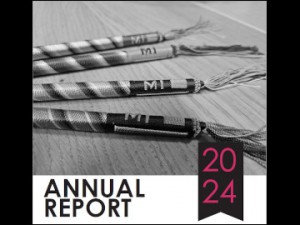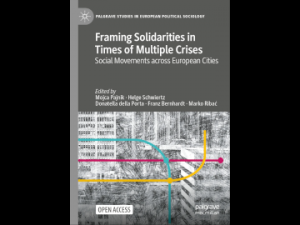Separation of people based on nationality
18. 11. 2015 | Human Rights and Minorities, Politics

On 15 November a group of men from Morocco arrived (together with other refugees) by train to Dobova. They were separated from the rest of the refugees and were not allowed to continue their journey to Austria. Without any explanation, they were taken to the Aliens Center in Postojna instead.
We visited Aliens Center, observed the conditions there, and talked to people of different nationalities that were detained there. At the time of our visit there were around 100 people detained, among them 79 men from Morocco. From those, 71 were separated from the larger group of refugees that arrived to Dobova by train, and 8 of them travelling on their own outside the corridor were returned to Slovenia from Austria. Other refugees detained in Foreigners Center were from Syria, Iraq, Iran, Lebanon, Egypt, Tunis, and were all refused entry to the Schengen area (already in Greece).
It was unclear why the police took this decision to restrict their movement and on which legal grounds, as these Moroccans were not refused entry to the Schengen area. This group of Moroccans did not receive unequal treatment only in comparison to other refugees, but also in comparison to other citizens of Morocco transiting through Slovenia. Around 160 of them arrived to Slovenia only one day later, on 16 November, and were not separated from other refugees nor taken to the Aliens Center. They were allowed to continue their way to Austria within the corridor with other refugees.
These 79 men from Morocco were in Aliens Center for at least three weeks. On 4 December approximately half of them were released from this institution, the rest in days that followed. It was clear since the first day that Slovenian authorities could only return them to Morocco in case of a voluntary return (which only 4 of them agreed to). After Croatia rejected the request to accept them on the basis of the bilateral agreement on readmission of persons whose entry or residence is illegal (officially on 3 December), Slovenian authorities issued them “permission to stay” in Slovenia for the period of six months and enabled them to continue their way together with other refugees within the corridor.




